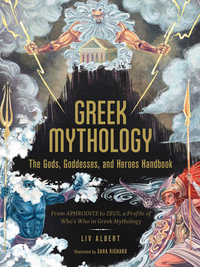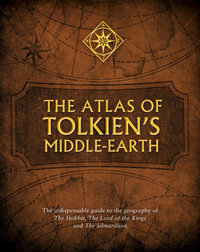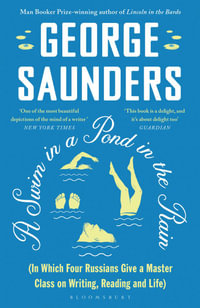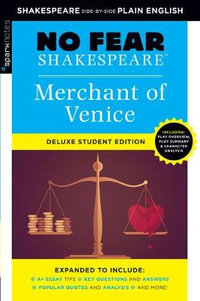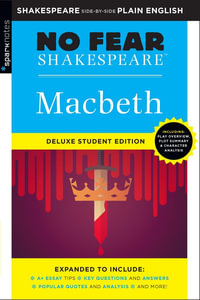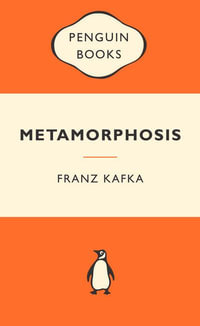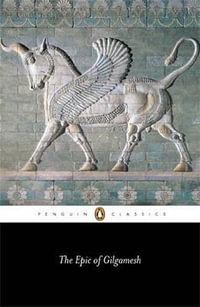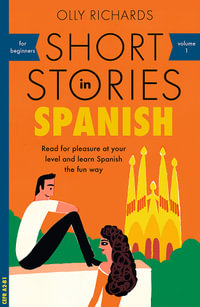
Journals and Miscellaneous Notebooks of Ralph Waldo Emerson, Volume VII
1838-1842
By: Ralph Waldo Emerson, A. W. Plumstead (Editor), Harrison Hayford (Editor)
Hardcover | 1 January 1969 | Edition Number 1
At a Glance
Hardcover
RRP $306.90
$270.25
12%OFF
Aims to ship in 10 to 15 business days
ISBN: 9780674484573
ISBN-10: 0674484576
Series: Journals & Miscellaneous Notebooks : Book 7
Published: 1st January 1969
Format: Hardcover
Language: English
Number of Pages: 600
Audience: General Adult
Publisher: Harvard University Press
Country of Publication: US
Edition Number: 1
Dimensions (cm): 24.06 x 16.41 x 4.18
Weight (kg): 1.21
Shipping
| Standard Shipping | Express Shipping | |
|---|---|---|
| Metro postcodes: | $9.99 | $14.95 |
| Regional postcodes: | $9.99 | $14.95 |
| Rural postcodes: | $9.99 | $14.95 |
How to return your order
At Booktopia, we offer hassle-free returns in accordance with our returns policy. If you wish to return an item, please get in touch with Booktopia Customer Care.
Additional postage charges may be applicable.
Defective items
If there is a problem with any of the items received for your order then the Booktopia Customer Care team is ready to assist you.
For more info please visit our Help Centre.


